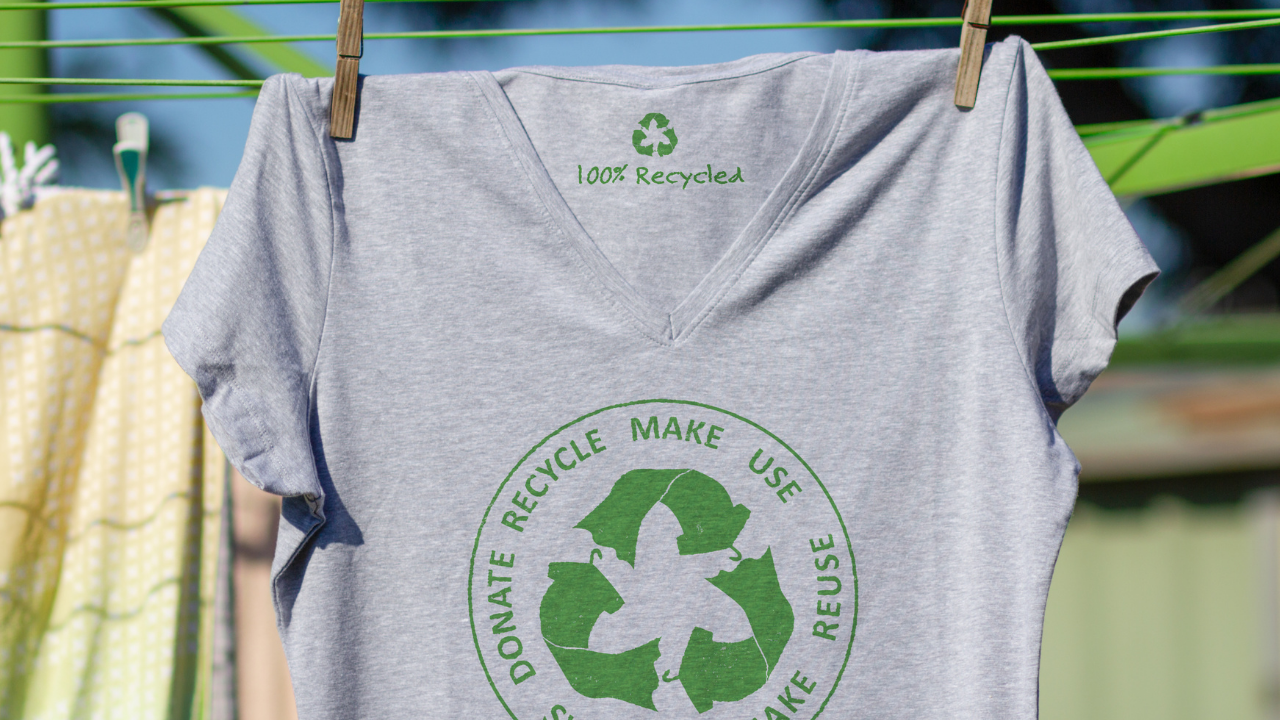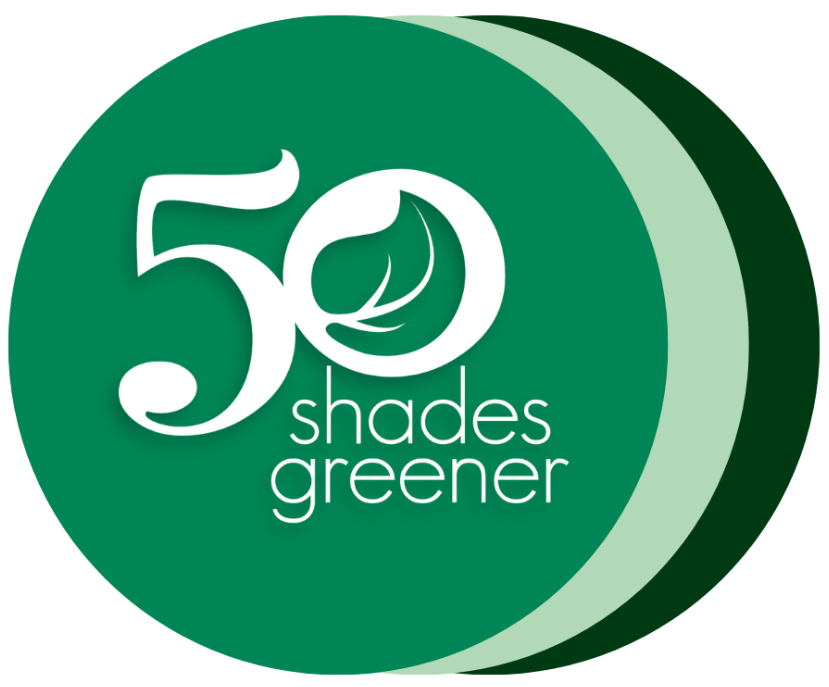The Circular Economy - Do we get it yet?
Oct 18, 2021
As defined by the European Parliament;
“The circular economy is a model of production and consumption, which involves sharing, leasing, reusing, repairing, refurbishing and recycling existing materials and products as long as possible. In this way, the life cycle of products is extended.”
The drive towards a circular economy has recently seen a huge push as it is in line with governments reaching their net zero targets. We are hearing it more and more in sound bites and headlines as for the most part, globally, there is an acknowledgement that our current linear economy is simply not sustainable.
So, how is the shift for European society going from our current throwaway culture?
Digging a little deeper into waste management plans and objectives, the Netherlands popped up several times so I decided to have a look into their overall ambitions and targets. For example, their government strategy has very clearly outlined that by 2050 the transition to the circular economy must be reached.
Meanwhile in Ireland;
“Specifically, by 2030 Ireland’s ambition is to significantly improve its circular material use rate (in both absolute terms and in comparison with other EU Member States) so that our national rate is above the EU average by the end of this decade.”
What was interesting for me was the language used by the two different countries on their current state of affairs in terms of waste on a national level…
The Netherlands are considered front runners in Europe in terms of their waste management but according to a report released this year by PBL (Netherlands Environmental Assessment Agency), while acknowledging their successes to date, they crucially highlight that there is far more work to be done.
Although 80% of their waste is currently recycled, they admit that the majority of this is low grade recycling. More importantly, although recycling is certainly a prerequisite for a circular economy, alone - it is certainly not enough.
The report goes on to discuss many other elements that drive the move to a circular economy in greater depth, however my main take away from reading it was the simplicity and how clearly it communicated where they are at and where they need to go, including an acknowledgement that;
“Stronger policy is needed to realise ambitions”.
And the report includes recommendations to make their targets a reality.
The Irish report however, differed to me entirely in that it seemed to suggest that their efforts to date were satisfactory and what has been achieved to date is noteworthy (not something to be celebrating if I’m honest).
I’m not suggesting that the language should have been negative and highlighting all things currently wrong with how Ireland deals with waste. However, like the report from the Netherlands, clear, concise language outlined where they were going wrong and what direction they needed to go in, very simply.
The line;
“Ireland is currently either fully achieving or are on track to achieve all our EU waste targets….”
Is followed in quick succession by;
“Unfortunately, on this broader measure of circularity, Ireland currently lags behind its peers. In 2019, Ireland’s circular material use rate (which measures the share of material recovered and fed back into the economy - thus saving extraction of primary raw materials -in overall material use) was the second worst in the EU. Ireland’s rate was 1.6%, compared to an EU average of 11.9%. The best performing EU Member State, the Netherlands, achieved a rate of 28.5%.”
Add to this, the announcement from Eurostat in January that Ireland ranked worst in terms of plastic production per person in Europe, I would think it is safe to say that targets are certainly not being met and communication from the top down is not clear.
What goes into my recycling bin? When is the deposit return scheme happening and how will it work? What facilities exist rurally and outside of Dublin that are equivalent to the Rediscovery Centre in Ballymun? (The Rediscovery Centre is the National Centre for the Circular Economy in Ireland.)
The Irish report's suggestion that “circular economy principles and practices are not new to Ireland, and in many cases are already commonplace” is to me quite a bold statement and not representative of what I see locally to me.
This is not the fault of my community or the Irish people, but another way that the government is brushing over the central issues and claiming - all is well, nothing to see here..
If we are to achieve our targets, engagement on a grassroots level from our policy makers is essential rather than the current over reliance on NGOs and volunteers who’s hard work is the only reason we are in any way going to achieve this transition.
http://www.rediscoverycentre.ie/about-us/
https://www.pbl.nl/sites/default/files/downloads/2021-pbl-icer2021_english_summary-4228.pdf
https://rwsenvironment.eu/subjects/from-waste-resources/elements-dutch-waste/
https://undutchables.nl/about-us/blog/the-art-of-recycling-in-the-netherlands
file:///C:/Users/User/Downloads/86647_dcf554a4-0fb7-4d9c-9714-0b1fbe7dbc1a%20(1).pdf
file:///C:/Users/User/Downloads/131881_92ad93d3-1be6-4eaa-ac73-2bea62073c48%20(1).pdf


